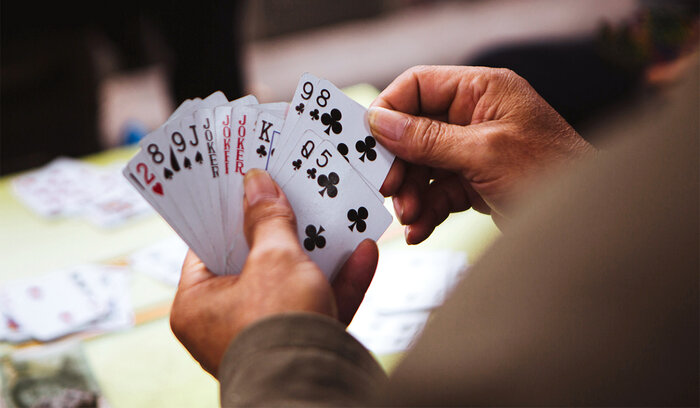
Circadian
[sur-KEY-dee-ən]
Part of speech: adjective
Origin: Latin, 20th century
1.
(Of biological processes) Recurring naturally on a 24-hour cycle, even in the absence of light fluctuations.
Examples of Circadian in a sentence
"After getting up at 6 a.m. to go to work for 20 years, my circadian rhythm is set, and I still wake up early on weekends and holidays."
"Janice craves sweets on a circadian rhythm, and she always treats herself to chocolate in the early afternoon, whether she’s eaten a big lunch or a small one."
About Circadian
“Circadian” was coined in the 1950s by combining the Latin “circa” (“about”) with “dies” (“a day”).
Did you Know?
A person’s circadian rhythm is their internal clock, and it resets roughly every 24 hours. It isn’t just about sleep: Circadian rhythms help determine body temperature, hunger, and hormonal changes. However, the main purpose is to regulate sleep patterns. Since humans have evolved to mostly sleep when it’s dark and wake when it’s light, circadian rhythms can be shifted or disrupted by changes in light.








